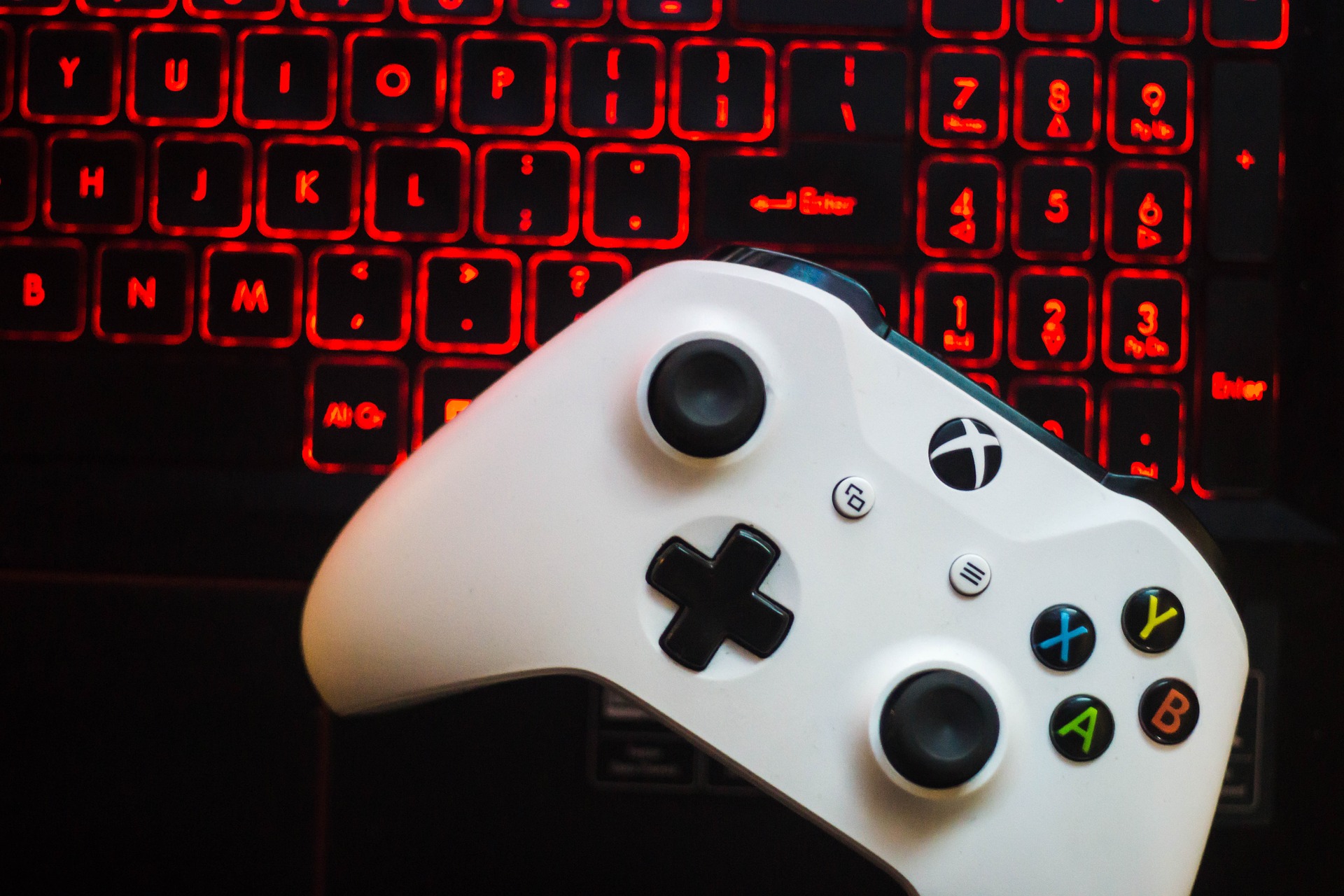6 Factors to Consider When Buying a Laptop

Over the years, laptops have developed into essential tools for multiple purposes among people from every corner of the globe. There is no doubt these highly versatile and practical devices have molded our understanding of efficiency and productivity.
Nonetheless, it has become increasingly difficult to decide on the ideal laptop specs given the abundance of choices and the constant release of new models with additional features. Fortunately, there are only a handful of important factors to consider when buying a laptop, and this article goes over six of them.
Table of Contents
Laptop Size
Laptops come in various shapes and sizes and range from around 11 inches to up to 17+ inches., which is a major factor that depends on one’s main goal and purpose in using a laptop. The laptop size is not something that can be modified, which makes it ideal to decide on whether portability is a priority or not. Smaller and more compact designed laptops are ideal for portability and carrying around, while larger-sized laptops are better for more stationary use with minimal mobility.
CPU
The CPU (Central Processing Unit) is essentially the heart of a laptop, and among the most important hardware components in a device. The CPU executes the essential instructions and system operations throughout the laptop, which makes them a major factor to consider in buying a laptop. Especially if the laptop performance is of critical value, then a laptop similar to the Honor MagicBook x 15 specs should be ideal since they tend to run more smoothly. Laptop CPUs are categorized into three which include a Core i3 for entry-level laptops, a Core i5 for most mid-range laptops, and a Core i7 is a more expensive laptop. Core i7 processors may perform the best, these can get quite hot and produce heat over time along the bottom of the laptop.
Storage
In laptops, the storage type can matter just as much as the amount of storage, especially since the two types of storage differ greatly across several factors. Although hard drives were ideal in the past, the evolution of laptops with more lightweight and thin designs resulted in users preferring SSDs or solid-state drives. Not only are SSDs more convenient in terms of design compared to hard drives, but they are also much more power-efficient, quieter, faster, and more expensive.
Battery Life
Especially if portability is a priority, the laptop battery life is an important factor to consider. Solid battery life of at least 7 hours or more is ideal for usage on the fly or remotely from any near outlet. Usually, the manufacturer’s take on the battery life and duration is not always reliable and accurate, which makes it a great idea to check out some online reviews or forums with credible on-hand results. If portability is not much of a priority like with gaming laptops or more chunky notebooks, then battery life would not be much of an issue since these bulky laptops prioritize performance and generally require a nearby outlet to fuel their heavy power consumption for maximum performance.
Display
The laptop screen is what displays everything within the device, which makes sense to decide on a laptop with decent display features and qualities. An ideal laptop display should be comfortable on the eyes while displaying details accurately and efficiently. Display resolution affects the visual details and quality depending on the number of displayed pixels. For most users, a 1920x1080p resolution is a sweet spot since it offers a sufficient pixel count for well-detailed and comprehensive display quality.
Connectivity
Without paying heed to the connectivity parameter of the laptop the buying is most likely to go wrong. With seamless transfer rate speed you need to check the ports type and also if there are enough to get the laptop work as smooth as you would get from a desktop system.
The connectivity ports available determine what can and cannot be connected to the laptop, which is especially important for users requiring a specific type or number of ports. Given their versatility and significance in tech, USB-C ports are a must when picking a laptop. At least two USB-C ports should be available on the laptop, especially since they have several uses and can connect with many different devices.
Conclusion
In essence, picking a laptop depends on several key factors but also relies on the user’s preference and their work or tasks. Given how versatile laptops are, laptops can offer a decent blend of everything including an excellent display, solid hardware, flexible connections, sufficient storage, and suitable form factor. Picking out the ideal laptop is essentially made easy when keeping in mind one’s personal preferences and needs. However, the aforementioned 6 crucial points come as the baseline when you want quality performance and reliability as well.


